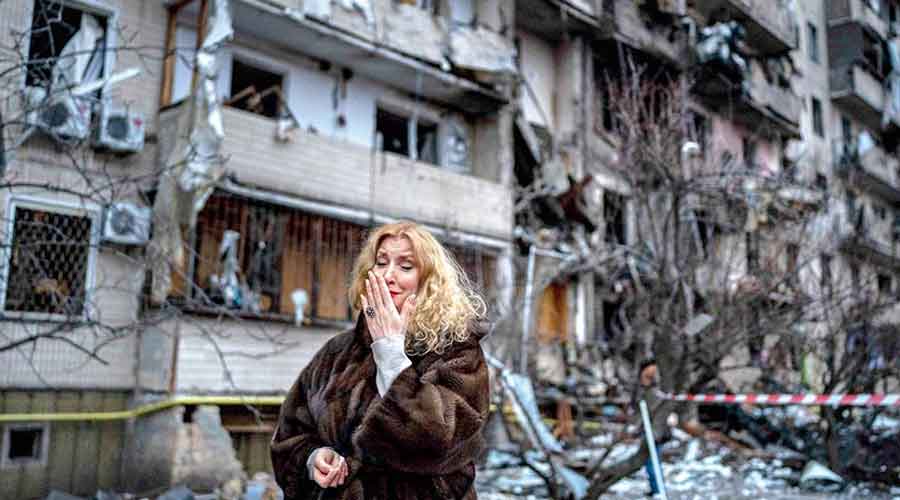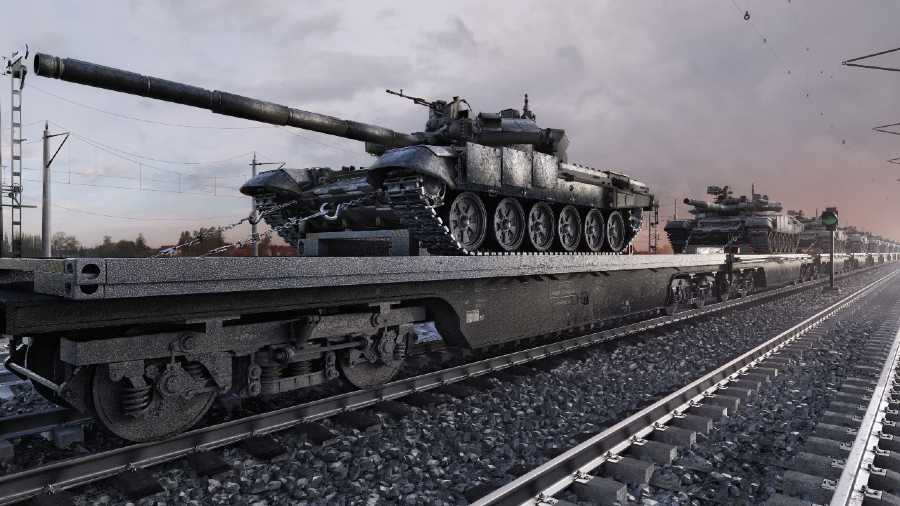More than 1.7 million Ukrainians fleeing Russia’s invasion have so far crossed into central Europe, the UN’s refugee agency said on Monday, as thousands more streamed across the borders.
Poland — which has the largest Ukrainian community in central Europe — has received more than 1 million Ukrainian refugees since the conflict began on February 24, with the milestone passed late on Sunday.
“This is a million human tragedies, a million people banished from their homes by the war,” the Polish border guard service tweeted late on Sunday. A total of 1,735,068 civilians — mostly women and children, as men stayed home to fight — have so far crossed the border into central Europe, the UNHCR said.
The EU could see as many as 5 million Ukrainian refugees if Russia’s bombardment of Ukraine continues, the EU’s top diplomat, Josep Borrell, said. Russia calls its actions in Ukraine a “special operation”.
Some Ukrainians have already passed through central Europe, heading west. In Brussels, student Katerina Debera said she hoped she could build a normal life in Belgium.
“I just want to live in peace and in freedom. And I hope that here it will be possible,” the 20-year-old from Lviv told Reuters.
Central Europeans, whose memories of Moscow’s dominance after World War II run deep, continued to show support for their eastern neighbours.
At Przemysl train station, the nearest large Polish town to its busiest border crossing with Ukraine, about 150 Ukrainian children from orphanages in the Kyiv region arrived by train from Lviv.
As they waited to disembark, they gathered at the train’s windows and peeked outside: some smiled, others blew kisses or waved to the volunteers in yellow reflective jackets on the platform. One volunteer clowned around to entertain them.
In the same town, a children’s charity had prepared a converted school sports hall to welcome them.
“We have food for them, there will be lots of kids who are very small so we will have to change nappies, etc,” Przemek Macholak, 25, deputy head of crisis response at Happy Kids, a Polish non-governmental organisation, told Reuters. “Then they will go to the buses again, they will go off to Poland, another 20-hour journey,” he said in the hall, where mothers and children rested on cots.












